According to news outlet KRCR, Moonstone Bistro, a well-known fine-dining establishment in Redding, CA, has decided to discontinue their lunch offerings.
This change is attributed to the rising minimum wage laws in California. As of April, California mandates a $20/hour wage for employees at fast-food chains with over 60 locations nationally. The state’s minimum wage has also increased to $16/hour. Though Moonstone Bistro isn’t directly affected by the fast-food law, the overall impact of these wage increases has influenced their decision.
Strategic Decision to Maintain Staffing Levels

Owners Che and Tanya Stedman have opted to end lunch services at Moonstone Bistro. This move is part of a strategy to protect their profit margins and avoid laying off any of their 16 employees.
Despite the lesser profitability of the lunch service, this decision was crucial for the financial health of their business. Che Stedman emphasized the importance of being able to hire staff, stating, “We want to be able to hire people,” as reported by KRCR.
The Dilemma of Competing Wages in the Restaurant Industry

Che Stedman, the executive chef and owner of Moonstone Bistro, has expressed concern over the rising wage demands in the industry.
With fast-food chains offering $20/hour, he finds it challenging to compete for both experienced and inexperienced cooks. Speaking to KRCR, he pointed out the disparity in wage expectations, questioning, “If you can make $20/hour at Taco Bell, with no experience, how much money do you think I’m going to have to pay a cook, who actually has experience?”
Advocacy for Simpler Entrepreneurial Processes

Amidst these challenges, Che Stedman has called for a more supportive approach from California legislators towards entrepreneurship. He suggests simplifying the process and reducing the costs for small business owners.
His plea is for a system that encourages rather than impedes small businesses. “Make that path easier. Make it less expensive, make it more simple, streamline it. Instead of putting roadblocks in front of it, open it up. Guide people,” Che articulated during his interview with KRCR.
Addressing the Perception of Undervaluing Workers

The Stedmans have faced questions about whether reducing services undervalues the work of minimum wage employees.
In response, Che emphasized the foundational role they play in their business’s existence. He stated to KRCR, “Tanya and I are the reason why this business exists, not the opposite.” He further highlighted the importance of their work and its contribution to job creation.
The Burden of Business Ownership

Che Stedman also expressed to KRCR the difficulties faced by business owners like himself. He listed the various expenses they incur, including taxes, licenses, and insurance.
Che articulated the feeling of being unfairly blamed for broader economic issues, saying, “We, as business owners, do not feel that we are the ones exploiting people. We pay huge taxes, fees, licenses, inspections, Workman’s Comp, insurance, you name it.”
Focusing on Profitable Services for Business Stability
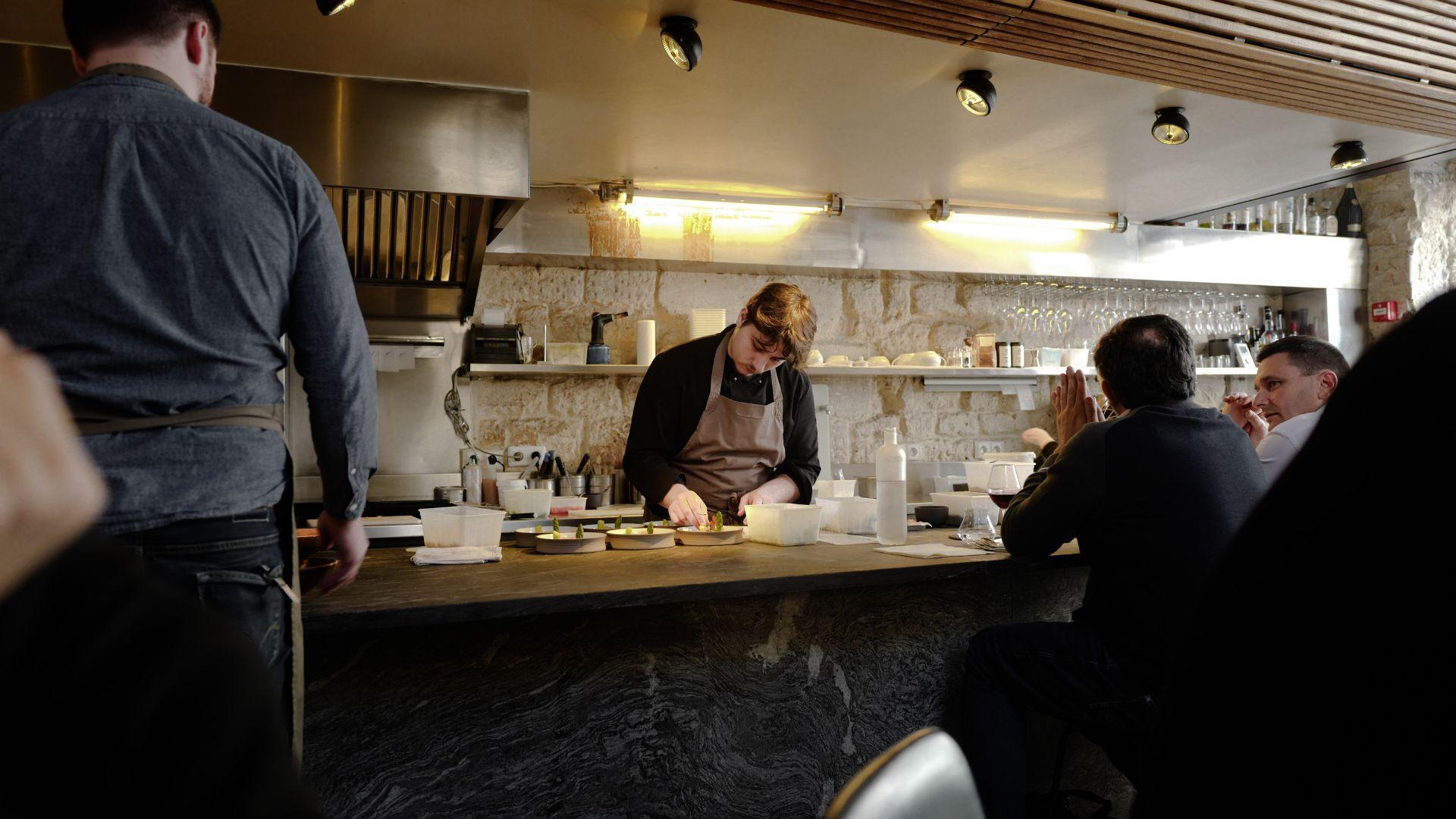
Moonstone Bistro’s decision to stop lunch service is a strategic move to reduce costs and liabilities. This focus shift aims to ensure the restaurant’s stability and success amidst growing economic pressures.
Che highlighted the necessity of this decision, stating, “For us, we cannot accept more liability and expense. We have to pay our rent, too,” he told KRCR.
A Longstanding Commitment to Culinary Excellence
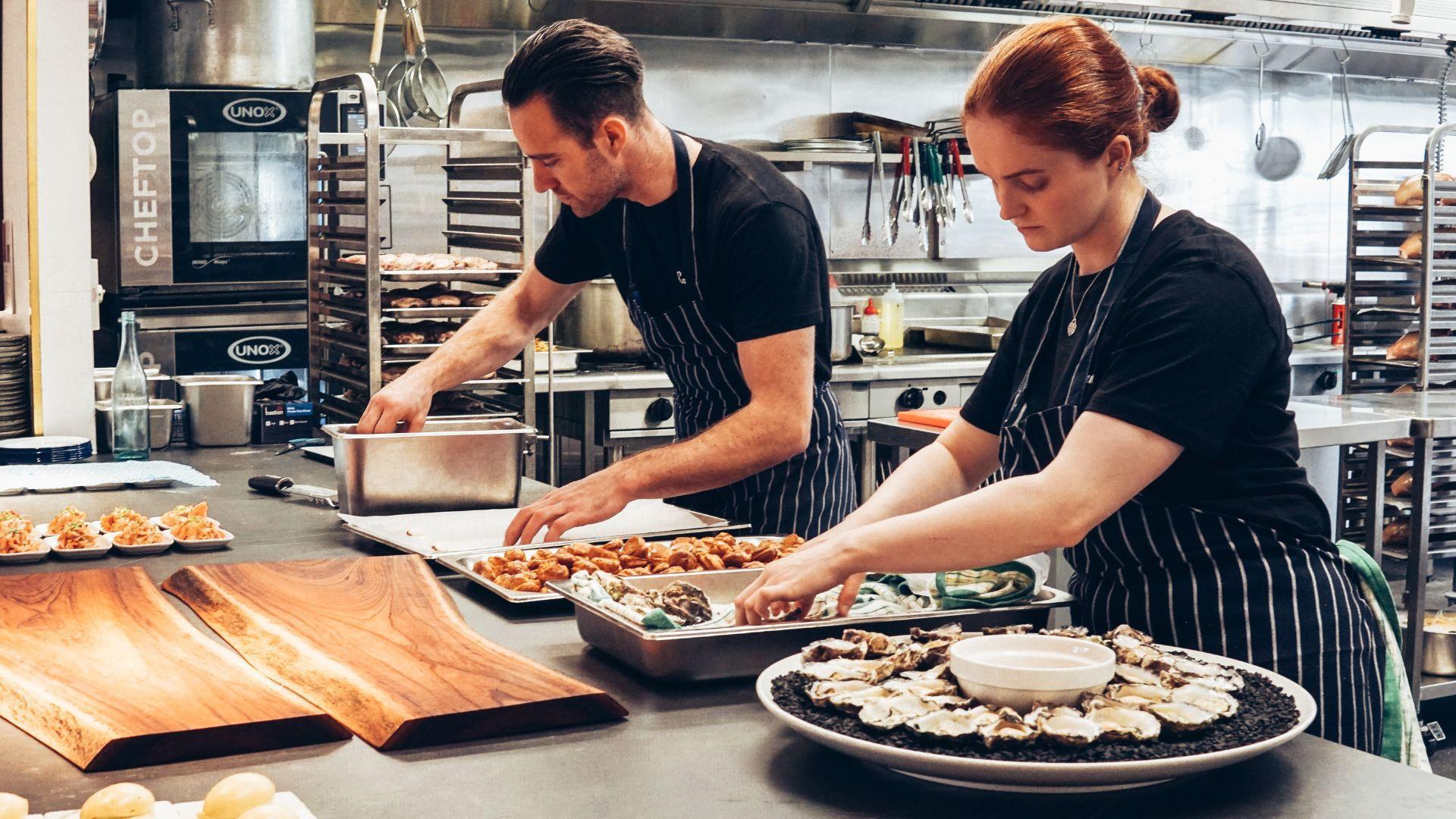
KRCR reports that the Stedmans have been running Moonstone Bistro for 18 years, demonstrating a long-term dedication to providing quality dining experiences.
Despite the current challenges, their commitment to their restaurant and its clientele remains strong. They continue to focus on delivering exceptional culinary experiences, particularly through their dinner service.
Dinner Service: The Core of Moonstone Bistro

KRCR explains that throughout the years, dinner has been the mainstay of Moonstone Bistro’s success. This focus will continue, regardless of whether the Stedmans or new owners are in charge.
The dinner service has consistently been the driving force behind the restaurant’s popularity and will remain its central offering.
Moonstone Bistro Is Up for Sale

For the past two years, the Stedmans have had Moonstone Bistro listed for sale, indicating their openness to new ventures, as reported by KRCR.
However, they assure their commitment to maintaining the high quality of the restaurant’s dinner service during this transition period. Their focus remains on ensuring the restaurant’s ongoing success.
Broader Implications for Small Businesses

The situation at Moonstone Bistro sheds light on the wider impact of minimum wage laws on small businesses.
These challenges highlight the delicate balance small business owners must maintain between profitability and fair employee compensation, especially in the current economic climate.
Reflecting on the Small Business Landscape

Moonstone Bistro’s story is a reflection of the realities faced by small business owners today.
It is an example of the complexities and decisions that come with running a small business in a changing economic environment.
Anticipating the Price Impact of Minimum Wage Increase

Professor Orley Ashenfelter, an economist at Princeton University, predicts an inevitable rise in prices due to the minimum wage increase.
However, he notes to ABC7, “It’s definitely the case that prices will increase; what is surprising is that they’re not going to increase nearly as much as a lot of the commentators like to think.”
Understanding Price Increases Through Historical Data

Professor Ashenfelter provides a historical context, stating to ABC7, “If the wage goes up by 10 percent, the price goes up by two percent. This is not a projection, this is based on the facts on the history.”
He emphasizes that historically, about 20 percent of minimum wage increases are reflected in consumer prices, a trend consistent for decades.
Specific Projections for Fast-Food Price Increases

Applying this formula to a hypothetical wage increase from $15.50 to $20, Professor Ashenfelter suggests to ABC7 that a resulting six percent increase in product prices.
For instance, a $7 Big Mac would then cost approximately $7.42.
Job Loss Concerns Amid Wage Hikes
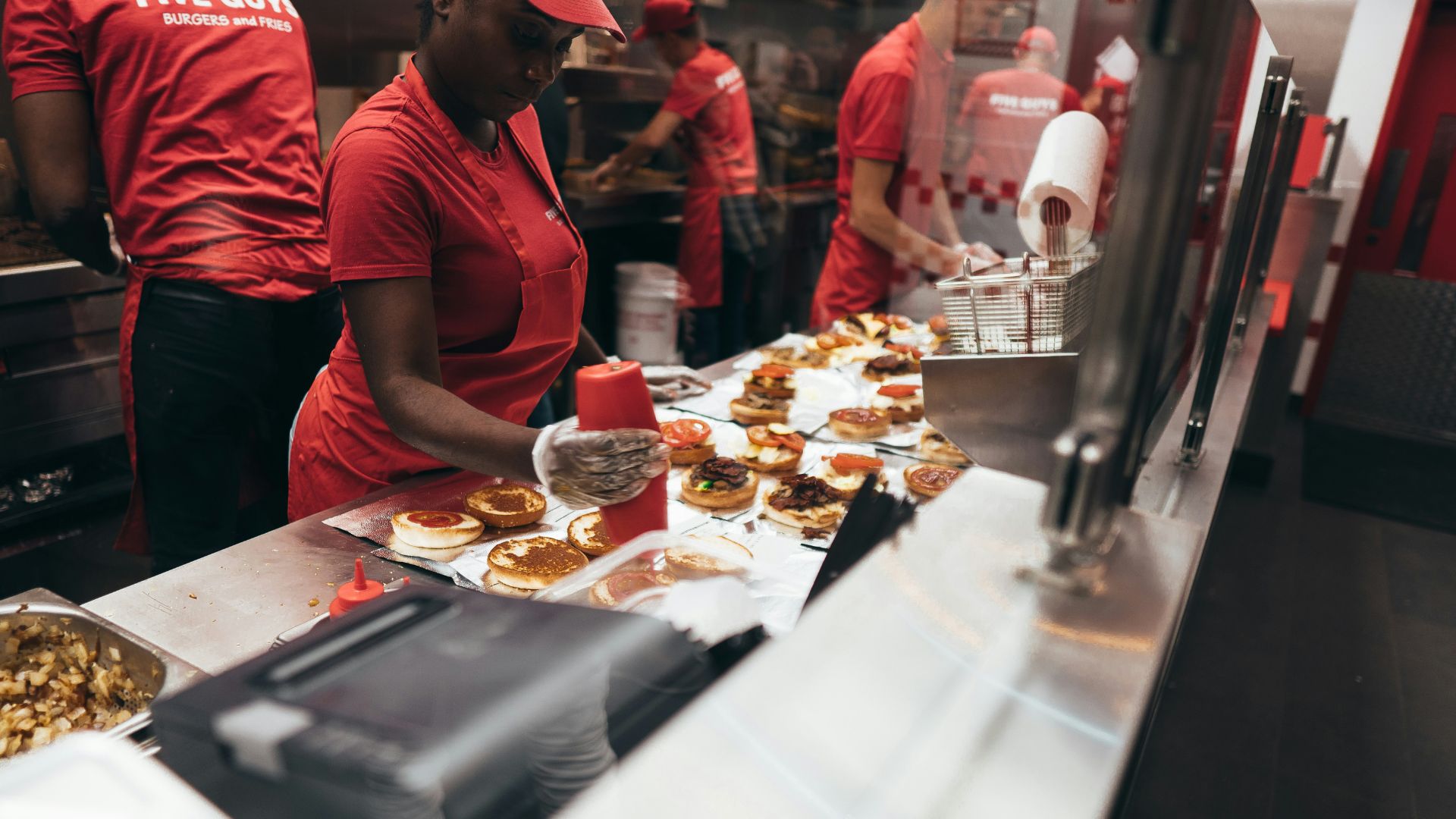
The rise in minimum wage may lead to substantial job losses in the state of California, as per ABC7.
David Smith, a professor at Pepperdine University, estimates that “up to 50,000 jobs could be lost.”
Potential Operational Changes in Fast-Food Industry
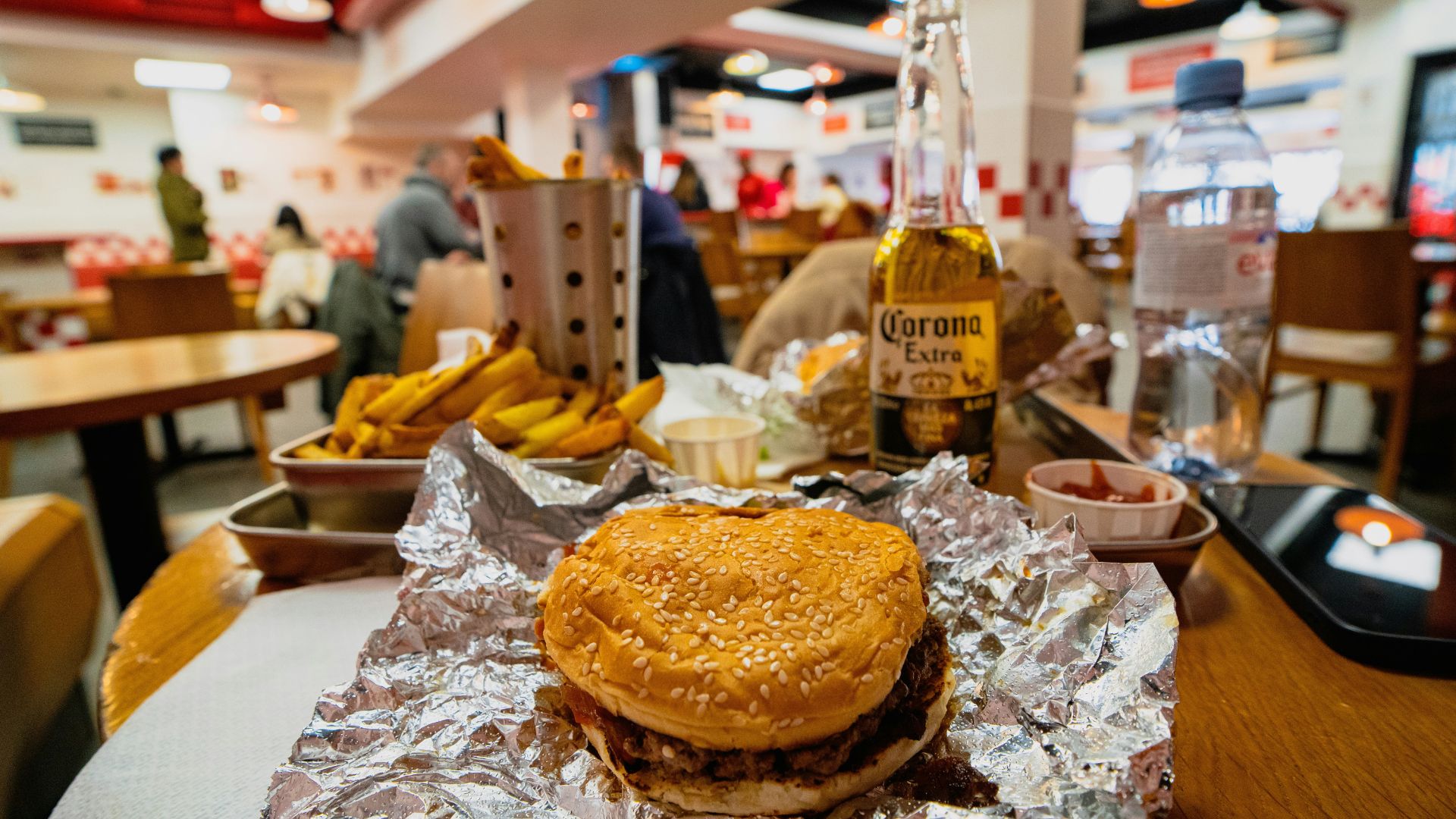
Professor Neumark from UIC points out possible operational consequences of this change.
Speaking to ABC7, he states “You might have longer lines, you might have dirtier dirty restaurants, there is even a study from Seattle when they raised the minimum wage hygiene violations increased.”
Real-Life Impact on Employees
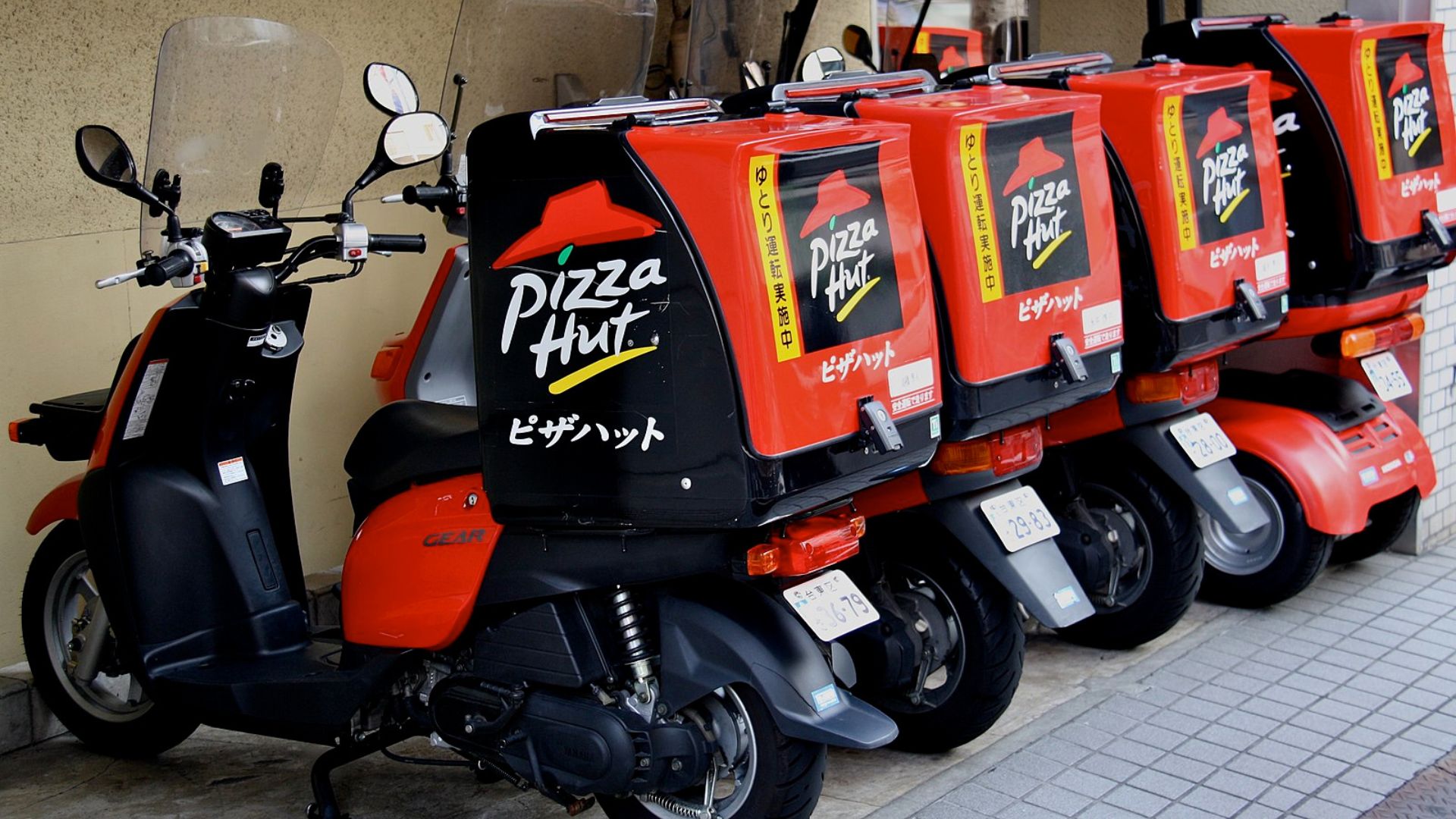
This issue has already affected employees at a South Valley Pizza Hut location, where delivery drivers, including Marvin William Lopez Rangel, received letters of separation. Rangel, who has been with the company for five years, attributes his layoff to the minimum wage increase.
Despite having another job, he expressed concern to ABC30, for his colleagues who might struggle without this income, highlighting the personal impact of these changes on individuals and families.
Pizza Hut’s Response to Minimum Wage Increase
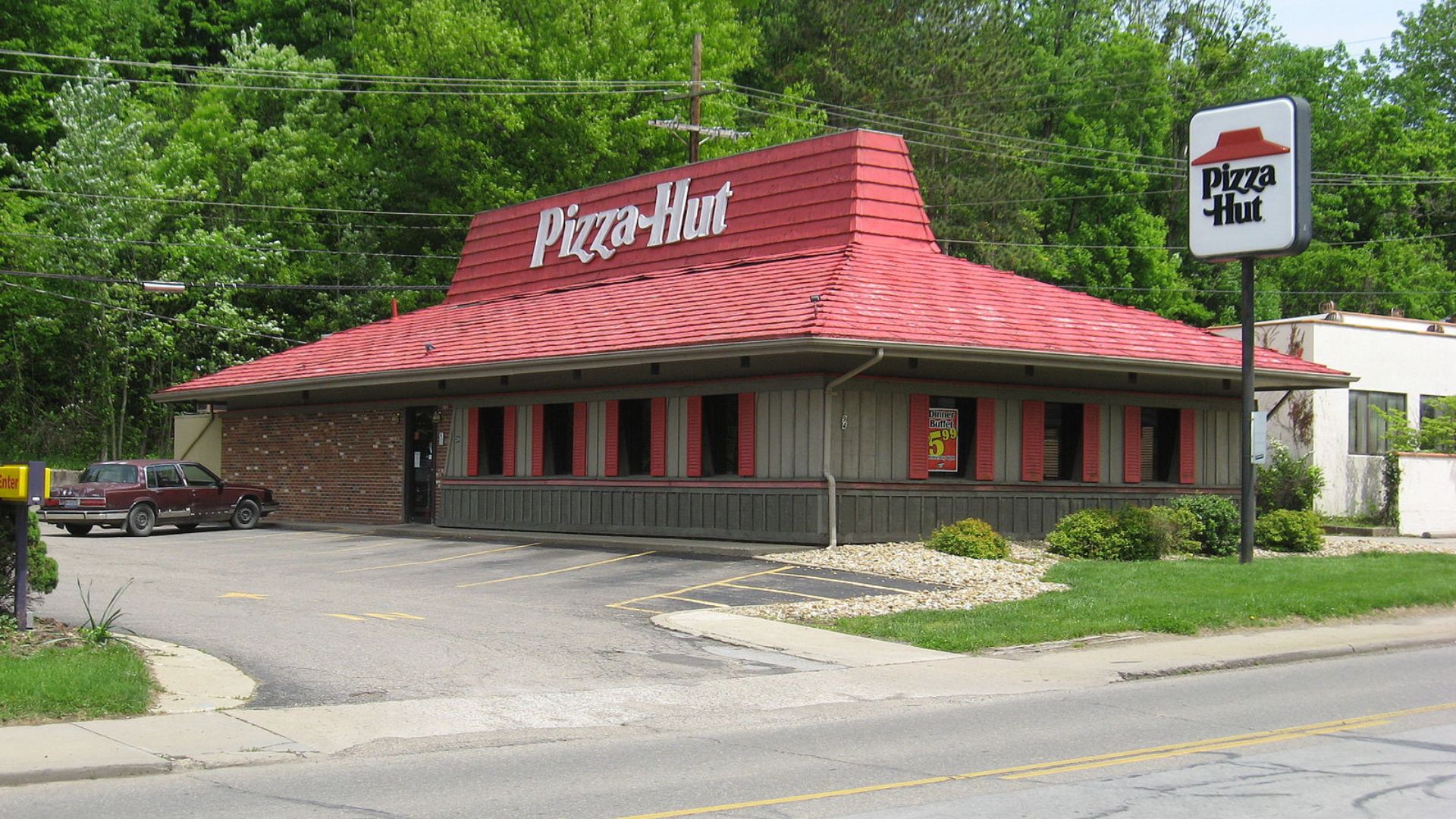
In response to the wage increase, local Pizza Hut chains, which are independently owned, have begun implementing cutbacks, including layoffs.
ABC30 reports that these changes are expected to begin in mid-February.
Rising Costs at LA Restaurants
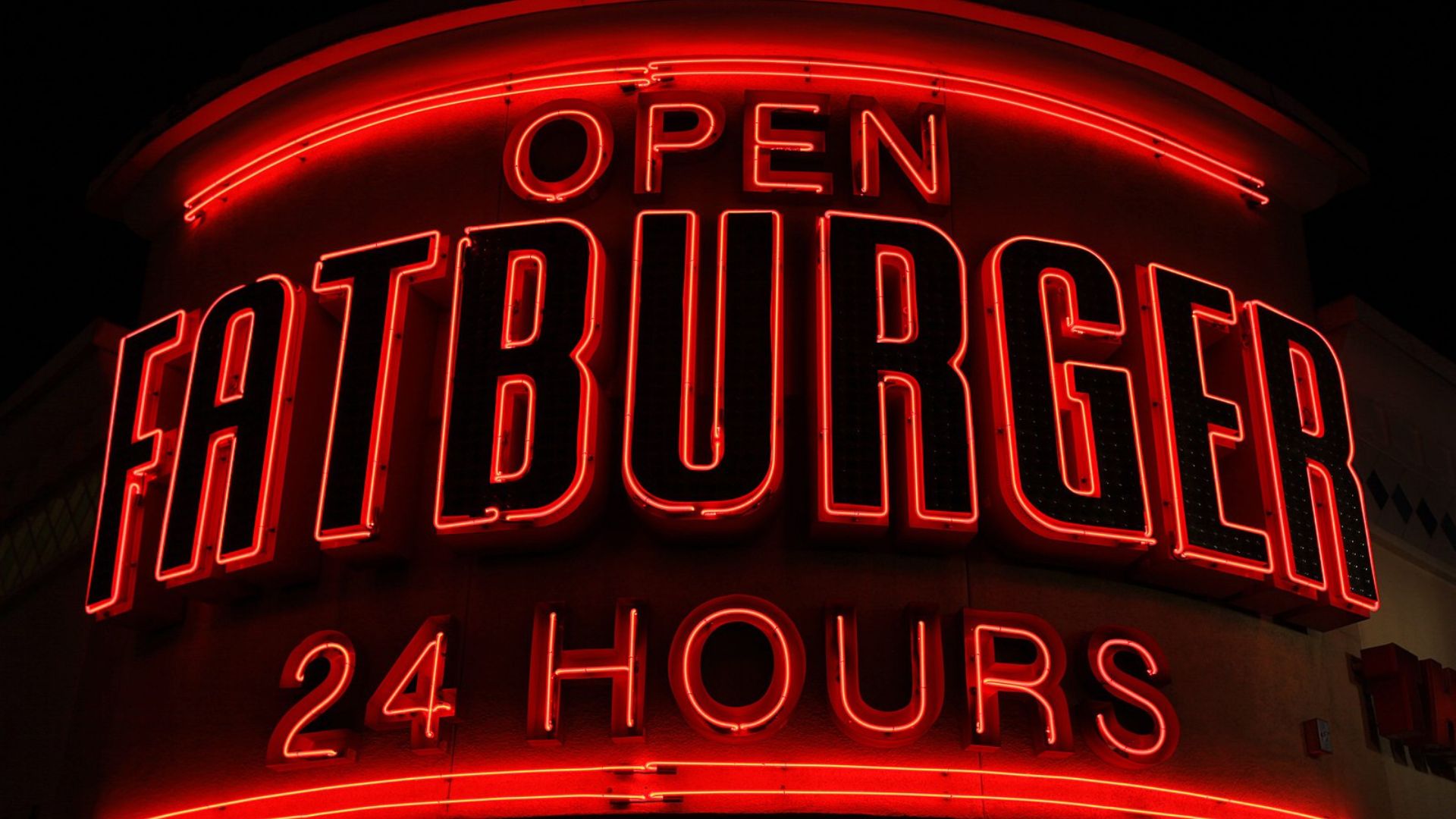
Marcus Walberg, who owns four Fatburger franchises in Los Angeles, has responded to the minimum wage increase by raising menu prices and reducing employee hours.
He told Business Insider, “I feel that there will be a lot of pain to workers as franchise owners are forced to take drastic measures.”
The Impact of California’s Minimum Wage Law

The AB 1228 law was proposed in response to the rising cost of living and the high percentage of fast-food workers living at or below the federal poverty line.
In anticipation of this change, Walberg is expecting to increase menu prices by a further 8-10% at his restaurants, following an 8% increase last year, as reported by Business Insider.
Cost-Cutting Measures at Fatburger
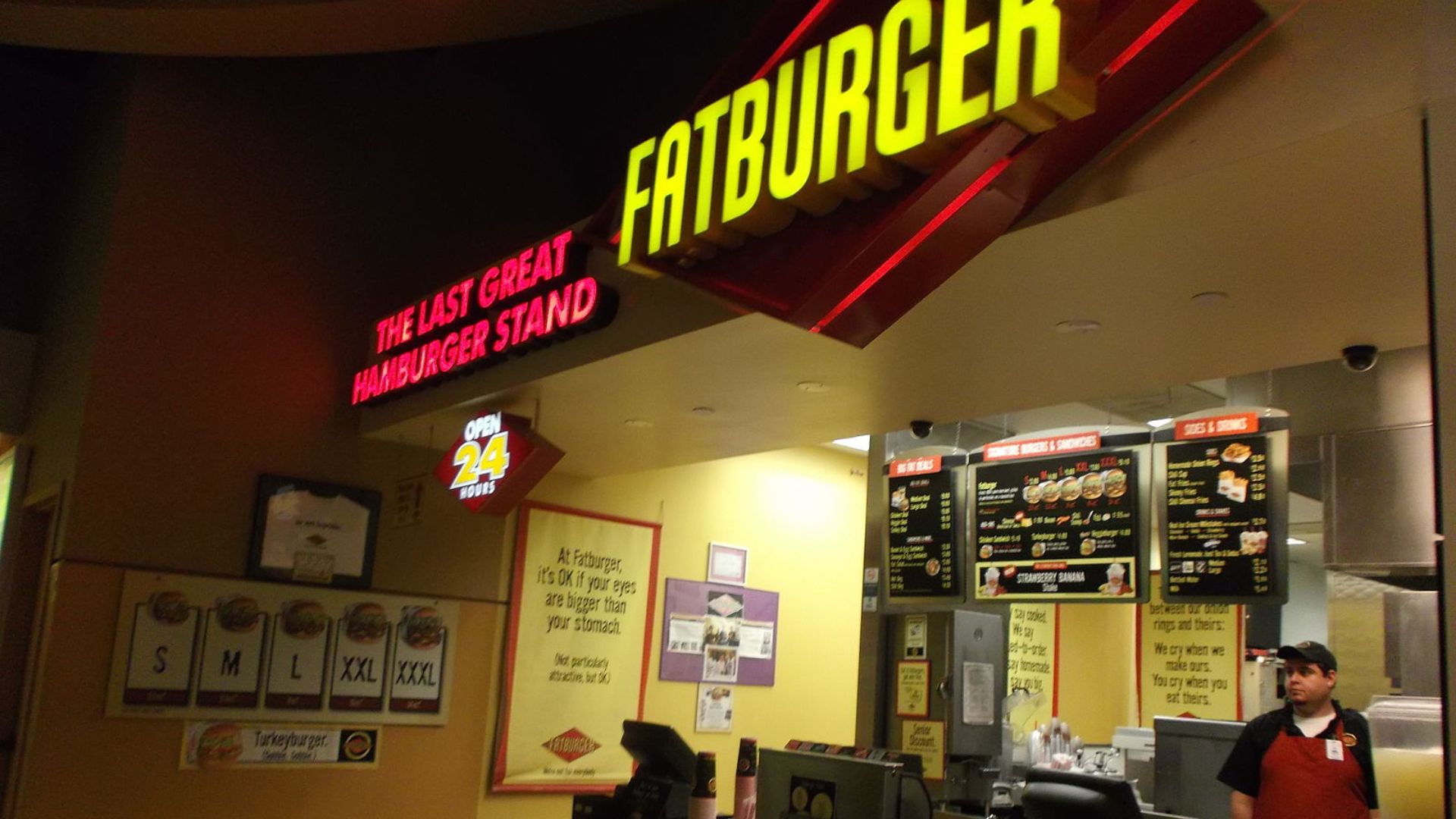
In addition to raising prices, Walberg is taking further steps to mitigate the financial impact of the wage increase.
He told Business Insider, “We’re not hiring new people to fill jobs. We’re being very tight on schedules,” indicating a strategy of reducing labor costs through controlled scheduling and workforce management.
Statewide Changes in the Fast Food Industry
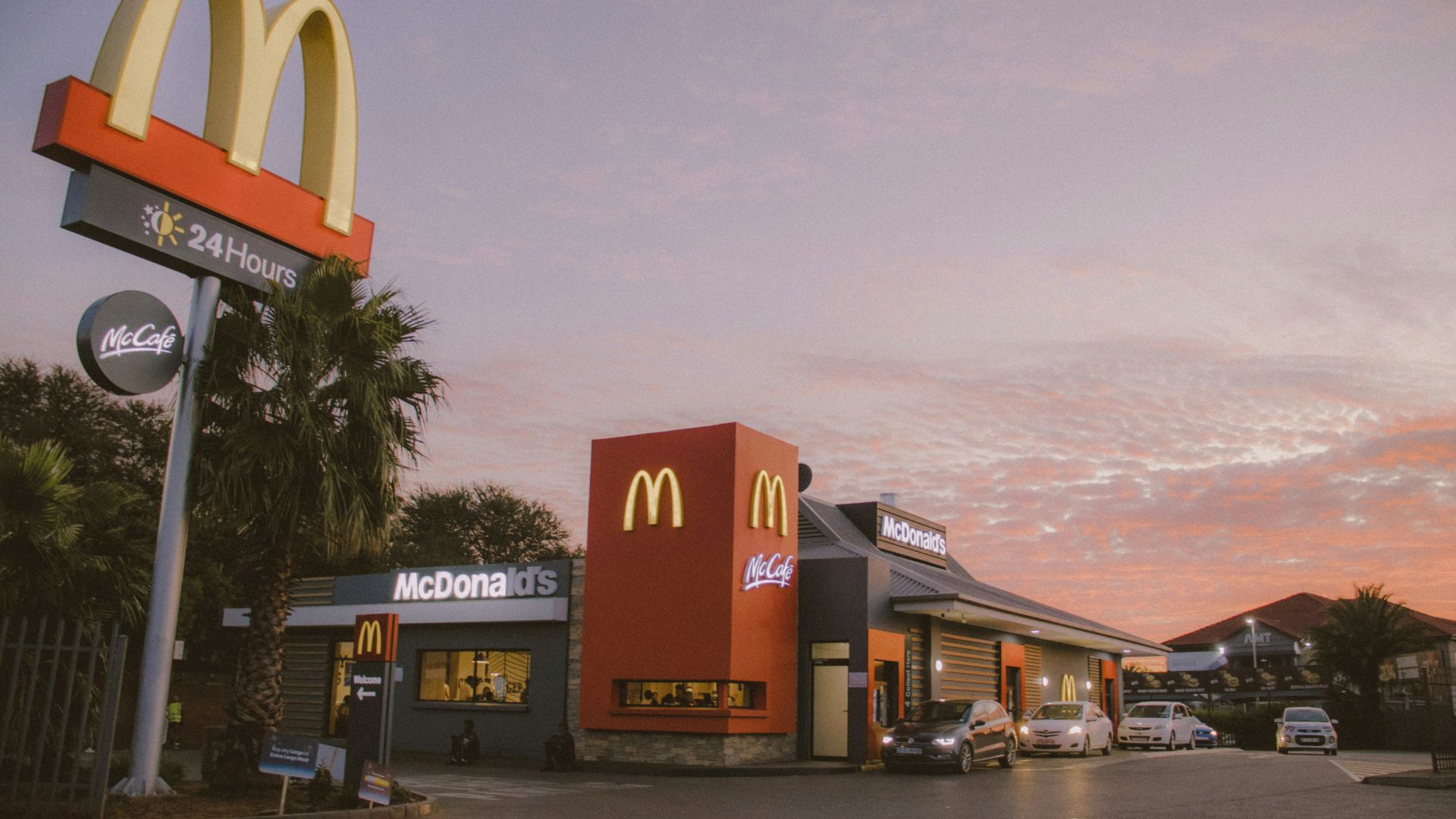
The fast-food industry across California is undergoing significant changes due to the minimum wage increase.
Business Insider reports that Major chains like McDonald’s and Chipotle have announced price increases, and Pizza Hut announced that all delivery drivers in California were going to be laid off.
The Future of Fast Food in the Wake of Wage Increases
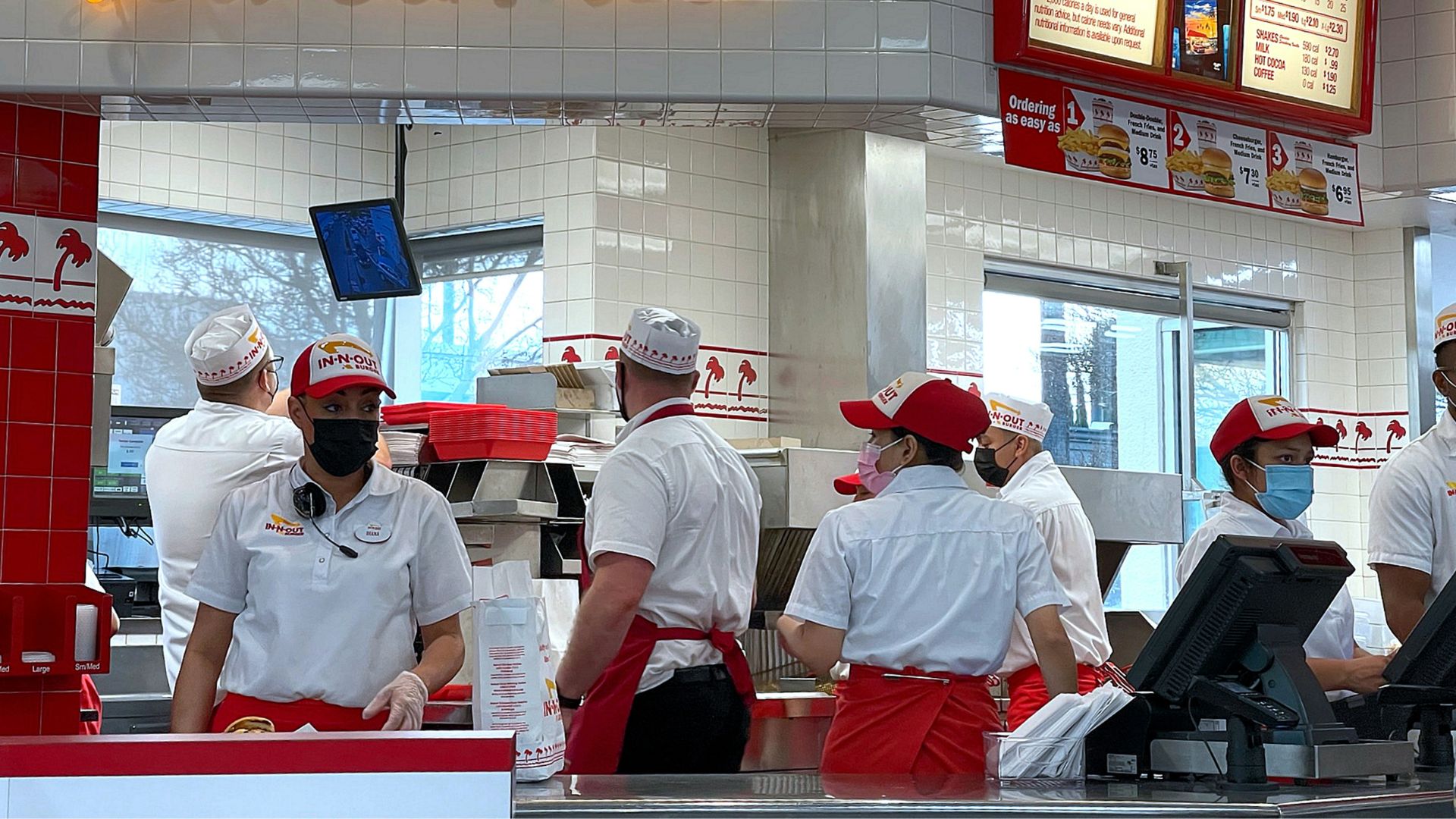
Businesses in the food industry are adapting to the new minimum wage laws. These changes involve difficult decisions regarding pricing, staffing, and service quality.
This period of adjustment will be crucial in determining the long-term effects of the minimum wage increase on both the industry and its consumers.
